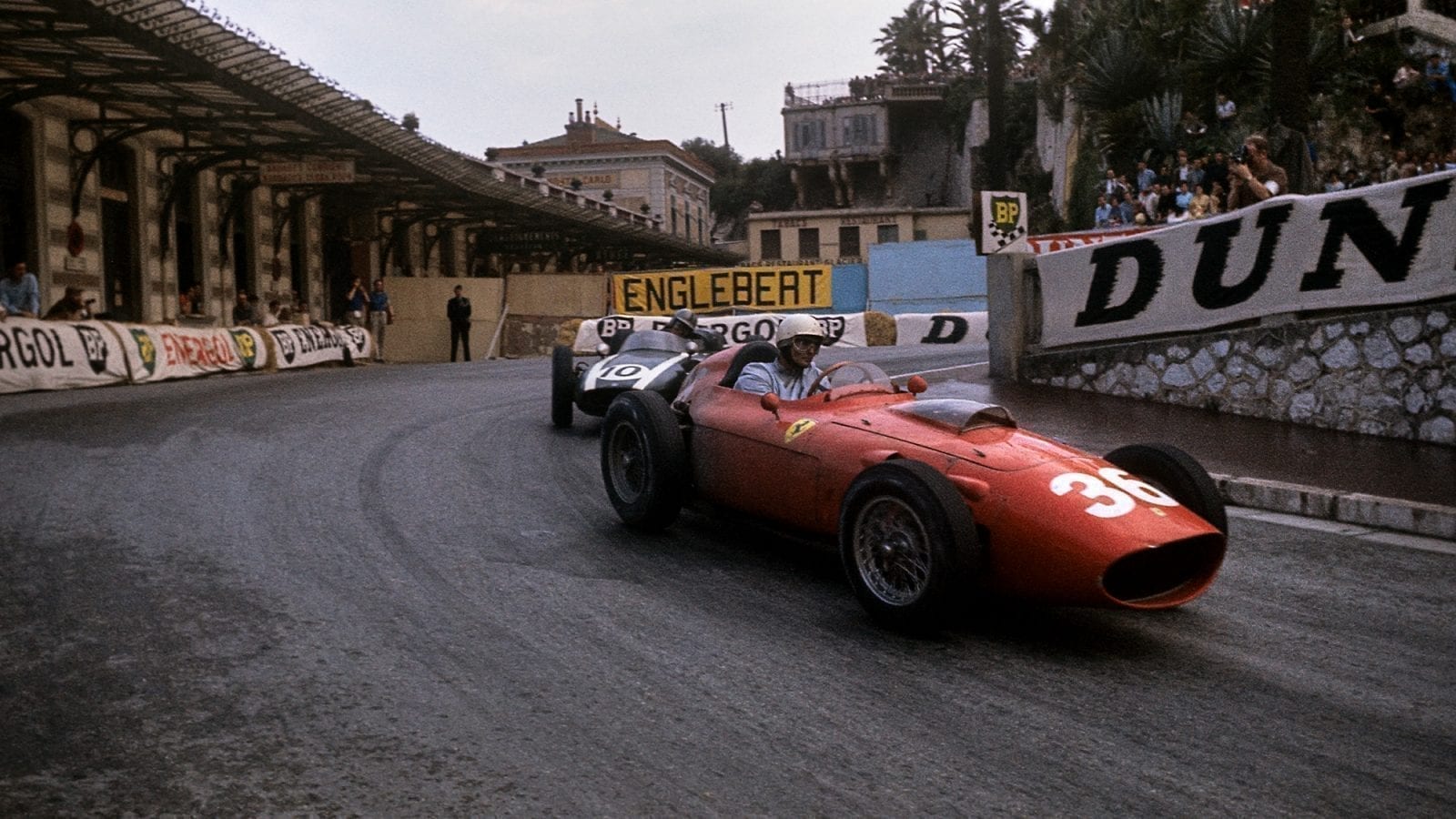Cooper’s victorious 1959 campaign clearly showed that rear-engine cars were the future for F1 design. Moving the engine behind the driver saved weight, centralised mass and improved aerodynamics. Even Ferrari experimented with the rear-engine 246P.
Bruce McLaren and Cooper followed their victory in the 1959 United States Grand Prix by winning the opening race of 1960 at Buenos Aires, where Innes Ireland demonstrated the promise of the new rear-engine Lotus 18 by leading the opening lap before spinning. Impressed, Stirling Moss and team owner Rob Walker replaced their Cooper with a new Lotus and promptly won at Monaco.
Jack Brabham triumphed at the Dutch GP for Cooper (where Jim Clark made his championship debut), before the F1 teams travelled to Spa for the tragic Belgian GP. In practice, Stirling Moss suffered serious leg, back and facial injuries after crashing at Burneville and Mike Taylor broke his collarbone in a separate incident. Worse was to come however for Chris Bristow and Alan Stacey were both killed in separate accidents during the race. Brabham won again but like Michael Schumacher’s victory at Imola in 1994 when Ayrton Senna lost his life, the result meant little. This came barely a month after Harry Schell had died while testing at Silverstone.
Three more successive victories secured Brabham’s second World Championship for Cooper. Then the organisers of the penultimate round at Monza decided to use the banking, which prompted a boycott by the British teams and a 1-2-3 for Ferrari. Phil Hill’s victory in the venerable Dino 246 was the last for a front-engine car. The season ended with the United States GP at California’s Riverside circuit. With the title already lost, Ferrari skipped the race to concentrate on preparing for the new 1.5-litre formula. Moss won in only his third race since returning from injury.
The final year of the existing formula was also the last time the Indy 500 officially counted towards the World Championship.
